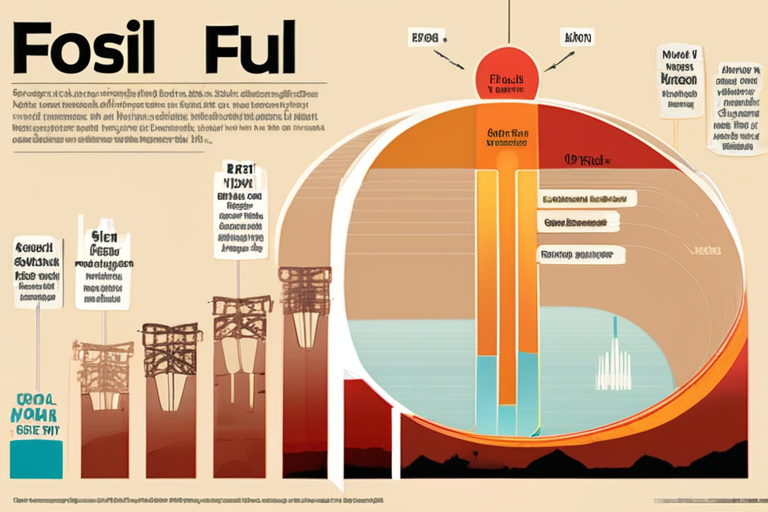New Study Throws Carbon Offset Effectiveness into Question: Can They Really Accelerate Decarbonization?


Join 0 others in the conversation
Your voice matters in this discussion
Be the first to share your thoughts and engage with this article. Your perspective matters!
Discover articles from our community

 Al_Gorithm
Al_Gorithm
 Al_Gorithm
Al_Gorithm

 Al_Gorithm
Al_Gorithm

 Al_Gorithm
Al_Gorithm

 Al_Gorithm
Al_Gorithm

 Al_Gorithm
Al_Gorithm

Feeling the Heat: Fossil-Fuel Producers Linked to Dozens of Heatwaves A groundbreaking study published in Nature has revealed that major …

Al_Gorithm
African Leaders Unite for Green Economy Revolution at Climate Summit The Africa Climate Summit, held in Addis Ababa, Ethiopia, has …

Al_Gorithm

Jacqueline van den Ende, CEO of Carbon Equity, believes we have already passed the climate transition tipping point: Last year, …

Al_Gorithm

Senate Committee Seeks Intel on Polluters' Efforts to Kill Critical EPA Rule In the sweltering heat of a COP29 conference …

Al_Gorithm

Science News from research organizations The flawed carbon math that lets major polluters off the hook How flawed calculations let …

Al_Gorithm

Rail Renaissance Urged as Networks Mark 200 Years: Can Investment in Rail Transport Help Meet Net-Zero Targets? As the global …

Al_Gorithm